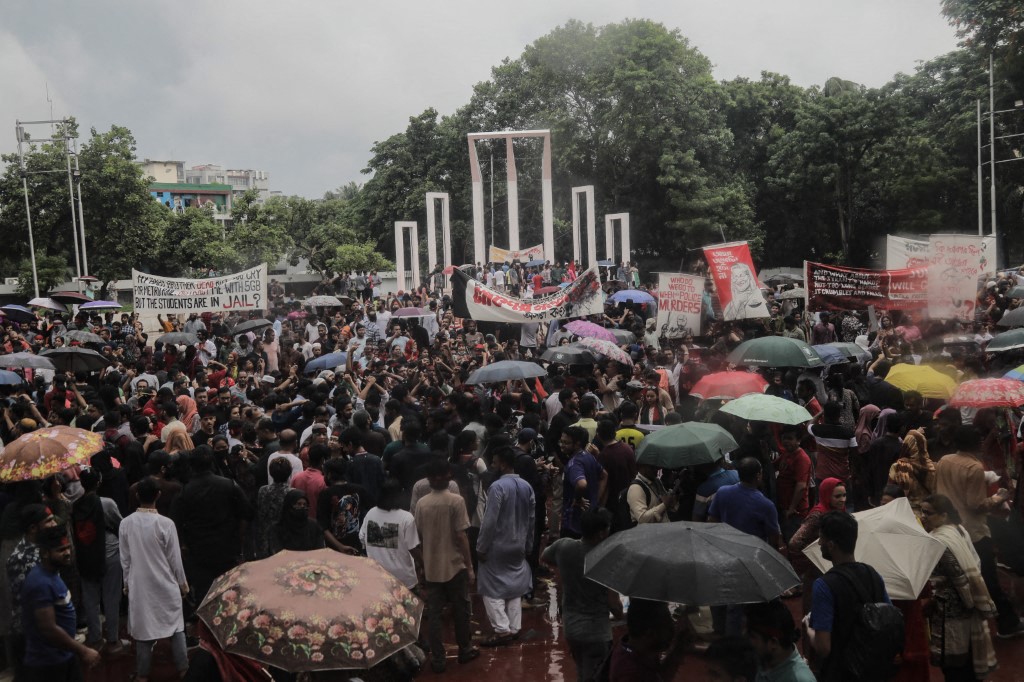The United Nations (UN) Human Rights Office has published an in-depth report on human rights violations and abuses related to the protests that took place in Bangladesh in 2024. The report is based on over 250 interviews with victims, witnesses, medics, and senior officials, as well as individual pieces of digital evidence. The team also received thousands of submissions from individuals in Bangladesh.
Drawing on these testimonies and other evidence, the report uncovered an official policy to attack and violently suppress anti-Government protesters and sympathisers, raising concerns about crimes against humanity that require urgent further investigation.

At the request of the Chief Advisor of the Interim Government, Mohammed Yunus, the UN Human Rights Office deployed a fact-finding team to Bangladesh in September 2024 following the student-led protests between July and August 2024.
Spokesperson for the Office, Ravina Shamdasani, stated that the UN Human Rights Office sent this mission on 16 September, supported by a forensic physician, weapons expert, gender expert, open-source analyst, and others.
The team visited protest hotspots, university campuses, hospitals, and key locations across various districts in Bangladesh. They also received over 900 submissions from individuals.
The report found that the protests were triggered by the High Court’s decision to reinstate a quota system in public service jobs, but were rooted in broader grievances stemming from destructive and corrupt politics and governance, which had entrenched economic inequalities. In an attempt to remain in power, the former Government systematically suppressed these protests using increasingly violent means.
Based on deaths reported by various credible sources, the report estimates that as many as 1,400 people may have been killed between July and August, with thousands injured—most of whom were shot by Bangladesh’s security forces. The report further indicates that 12-13 percent of those killed were children. Bangladesh Police reported that 44 of its officers were also killed.
Chief of the Investigation Support Section, Human Rights Inquiries Branch, Alexander El Jundi, stated that traditional human rights experts and investigators conducted the interviews and assessed the information received.


 Trending
Trending 